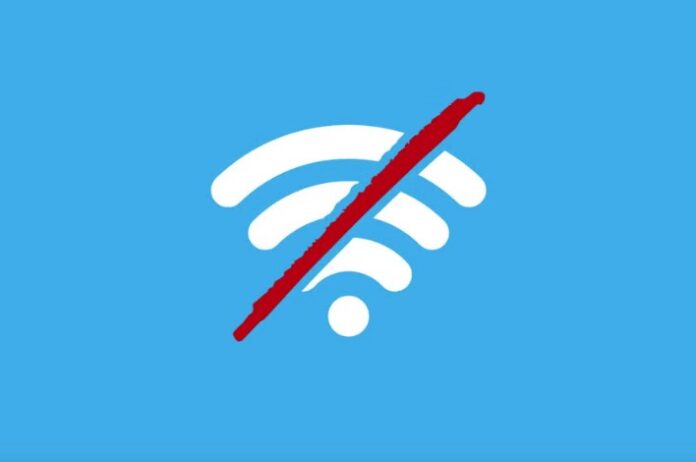Pakistan’s ongoing internet slowdown is expected to continue, with repairs to the damaged SMW-4 submarine cable likely to be completed by early October 2024, according to the Pakistan Telecommunication Authority (PTA).
In a statement released on Wednesday, the PTA explained that the internet disruption across the country is primarily due to faults in two of the seven international submarine cables, SMW-4 and AAE-1, which connect Pakistan to the global network.
“The ongoing internet slowdown across the country is mainly due to faults in two (SMW-4, AAE-1) of the seven international submarine cables connecting Pakistan internationally,” the PTA clarified. “It is updated that the fault in the SMW-4 submarine cable is likely to be repaired by early October 2024.”
However, there is a glimmer of hope as the AAE-1 cable has already been repaired, which “may improve internet experience,” the PTA added.
Despite this partial restoration, Pakistan continues to grapple with widespread disruption in internet services. The social media platform X (formerly Twitter) has also been blocked in the country for nearly six months.
Since July, internet networks have been operating up to 40% slower than usual, affecting not only web browsing but also the use of popular messaging apps like WhatsApp, where users have faced difficulties in sending documents, images, and voice notes.
Last week, PTA Chairman Major General Hafeezur Rehman (retd) addressed the National Assembly’s Standing Committee on IT, attributing the internet slowdown to the faulty submarine cable. He dismissed reports that the disruption was related to the installation of firewalls, stating, “The internet slowdown in the country is due to a faulty submarine cable, which is expected to be repaired by August 28.”
The chairman clarified that no new firewalls were being installed, but the government’s web management system was undergoing an upgrade. He also addressed concerns about similar submarine cable issues affecting other countries, asserting, “It’s Pakistan’s submarine cable that’s affected, not others.”
The discussion also touched on the legal standing of VPN usage, with the PTA chairman emphasizing that they are registering, not blocking, VPNs. He further elaborated on the complexities of monitoring online content, noting that while Article 19 guarantees freedom of expression, there are specific categories that must be considered when enforcing restrictions. “Each country has its system in place, and when the government issues directives to block certain content, we have to comply,” he said.
Digital rights experts have speculated that the government might be testing a firewall, a security system that monitors network traffic and can be used to control online spaces.




